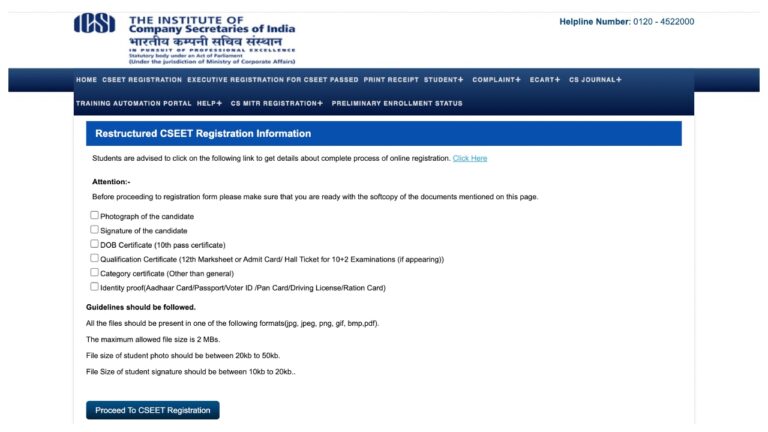Rosemary (Rosmarinus officinalis) is a popular plant for its culinary and health advantages. For centuries, rosemary has been used as a natural cure for memory and digestion. This article discusses rosemary’s health advantages for these two vital areas.
Rosemary and Memory Enhancement
Traditional and recent studies confirm rosemary’s cognitive advantages. Historically, rosemary has benefited memory and mental clarity. Rosemary’s major antioxidant, carnosic acid, may protect the brain against oxidative stress and neurodegeneration, preserving memory, particularly in elderly persons.
Many studies have shown that inhaling rosemary improves cognition. The scent boosts brainpower and focus. Research shows that rosemary improves memory retention, making it ideal for students and anyone who needs to remain focused.
Rosemary also boosts acetylcholine, a neurotransmitter involved in memory and learning, making it a natural brain booster.
Rosemary’s Role in Digestion
Rosemary has traditionally been used to aid digestion and cognition. The herb’s anti-inflammatory and antibacterial qualities soothe and support healthy digestion.
Rosemary treats indigestion, bloating, and gas. Its essential oils boost bile production, breaking down lipids and making digestion easier. Additionally, rosemary helps calm digestive system muscles, minimizing cramps and spasms.
Rosemary helps reduce digestion and post-meal pain. It may assist digestion as a tea, extract, or aromatherapy.
Conclusion
Rosemary’s memory and digestive benefits make it essential in traditional and contemporary medicine. Its natural benefits assist digestive and cognitive health safely and effectively. Rosemary is a versatile and healthful plant that may be used in cooking, essential oils, and herbal teas.










